Baltic Sea Countries Do Not Live Up To Commitments: WWF
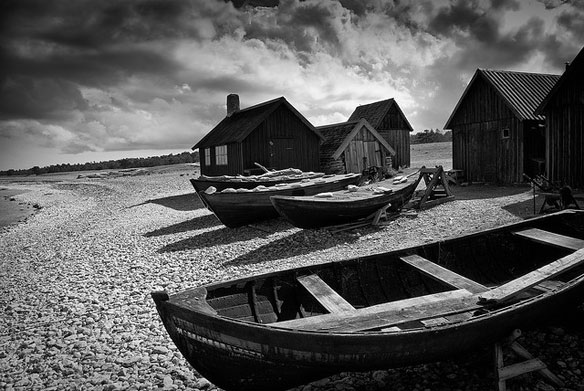
The nine countries with a Baltic Sea coast are not doing enough to protect the very polluted body of water, the World Wide Fund for Nature (WWF) said in the Baltic Sea Scorecard 2011, a report that assesses how good the countries around the Baltic Sea are at implementing environmental measures and agreements.
Kelp Farming Is On Its Way
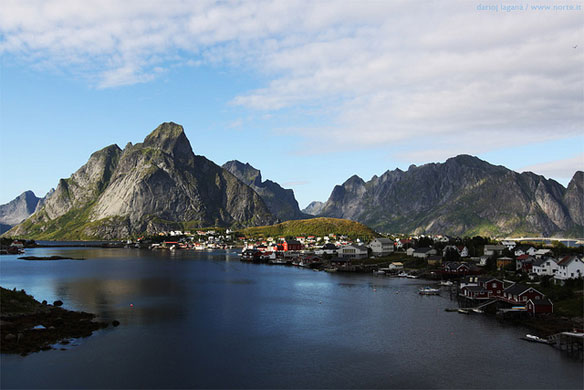
The Norwegian coastline, including all its islands, is twice as long as the Equator, thus possesses huge areas suitable for cultivating seaweed and kelp, and could provide two billion litres of kelp-based fuel a year, in a 15 million tons worldwide kelp-based industry. However, stricts quotas would need to be implemented as kelp forests are important nursery and feeding grounds for a wide range of invertebrates and fish…
Dead Zone Off Gulf Coast, As Large As The State Of New Jersey
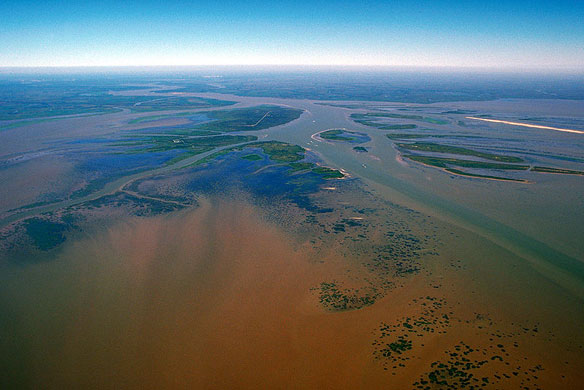
Dead zones off the coast, are fueled by nutrient runoff from agricultural and other human activities in the Mississippi River watershed, which stimulates an overgrowth of algae that sinks, decomposes and consumes most of the life-giving oxygen supply in bottom waters. These chronic, recurring hypoxic zones every summer represent a significant threat to Gulf coastal ecosystems.
What was natural in the coastal oceans?
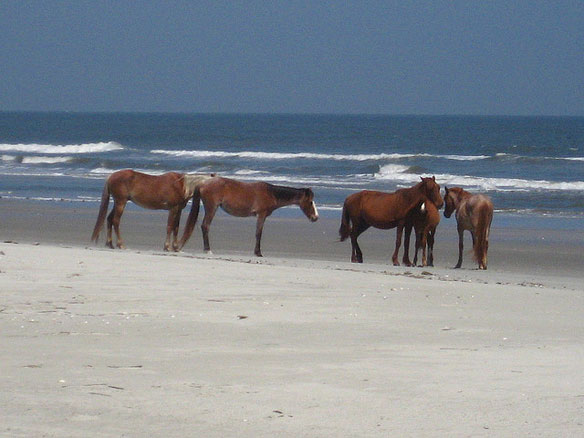
Humans transformed Western Atlantic coastal marine ecosystems before modern ecological investigations began. The universal pattern of losses demonstrates that no coastal ecosystem is pristine and few wild fisheries are sustainable along the entire Western Atlantic coast.
Blue Carbon Initiative: Buried Treasure For Climate and Coastal Communities
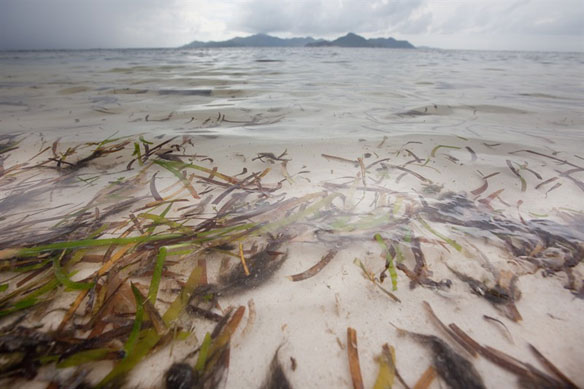
Dubbed “blue carbon” for their ability to sequester and store huge amounts of carbon, mangroves, seagrasses, and salt marshes- show great climate mitigation potential, immediately available and cost-effective, for removing greenhouse gases already in the atmosphere. The Blue Carbon Initiative program, draw the world’s attention to the crucial role of these direly threaten coastal ecosystems, in the fight against carbon emissions.
Sea Turtle Egg Poaching Legalized in Costa Rica: The Debate

An unusual project installed in 1990, to stabilize the population of Olive Ridley sea turtles in the coastal town of Ostional on Costa Rica’s Nicoya Peninsula, that led the government of Costa Rica to legally permit an exemption to the 1966 nationwide ban on harvesting sea turtle eggs, remains controversial.
Caribbean states want end of nuclear waste shipments
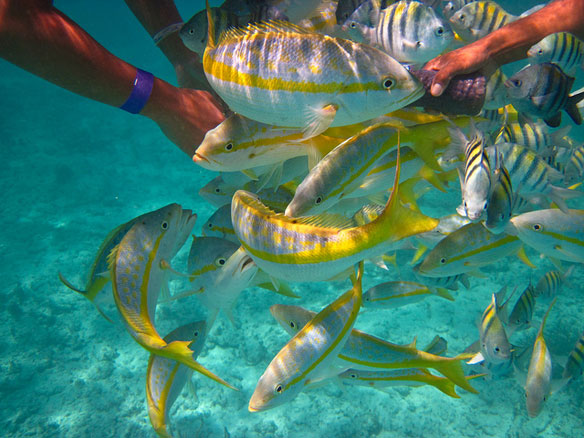
The practice of shipping hazardous and nuclear waste through the Caribbean sea is seen as a dangerous environmental gamble, risking the existence of the more than 20 million people, and threatening its coral reefs and ecosystems.
Red Knots Shorebirds and Horseshoe Crabs Knotted Together
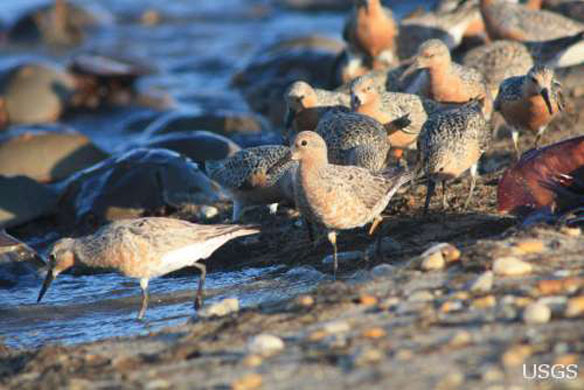
A shorebird species whose population has plummeted over the last 15 years, has been directly tied to the number of egg-laying horseshoe crabs. This is one of the first studies to scientifically support the ecological links between these two species.
Elwha River Restoration: Dams Removal Project
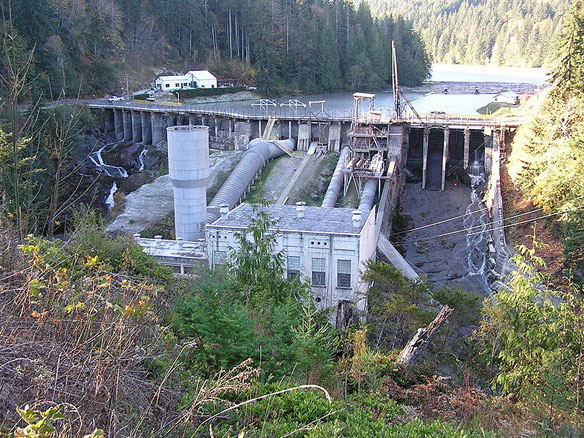
This September, removal of two dams on the Elwha River, in Washington State, begins, setting in motion one of the largest restoration projects in U.S. history.
